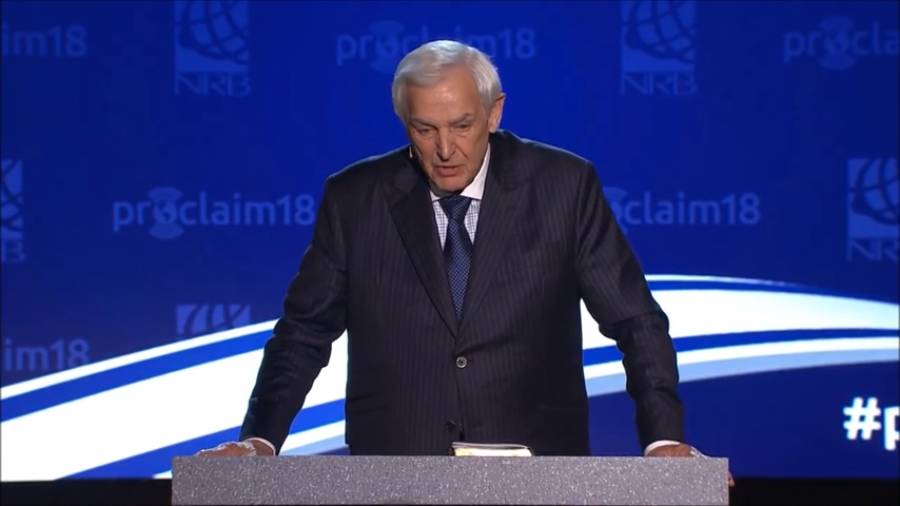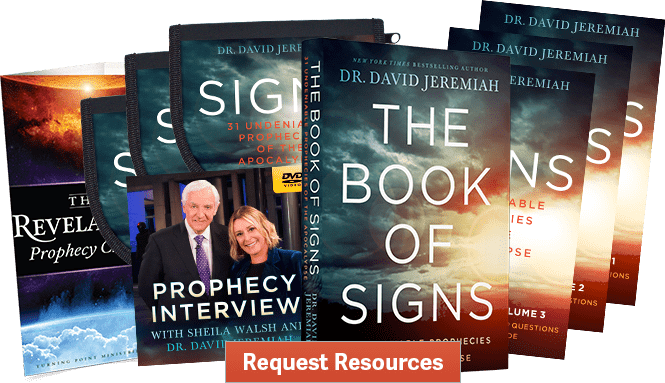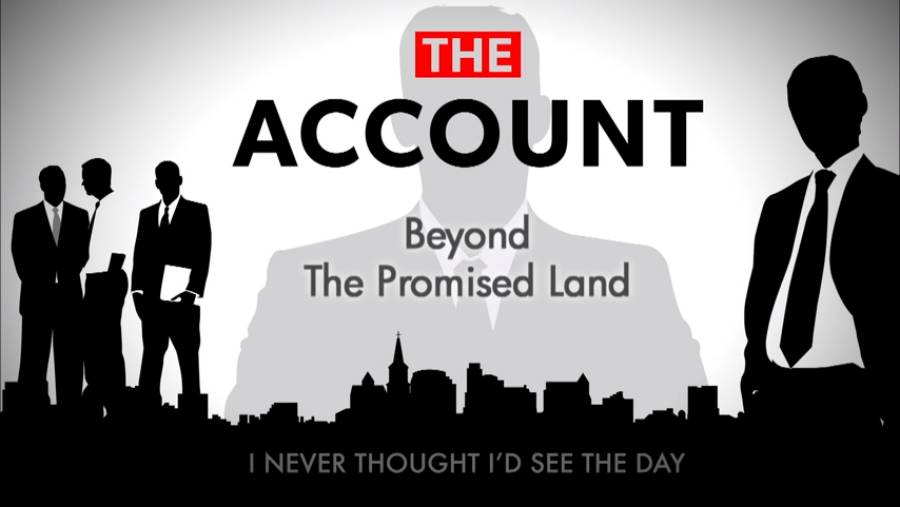

Dr. David Jeremiah Presents
Living inthe Ageof Signs
Online Destination

Living in the Age of Signs
Online Destination

Words of Life
Today’s Devotion:
Words of Life
The Oxford English Dictionary is the primary source for the words of the English language. The first full edition was published in ten volumes in 1928. The second edition was published in twenty large volumes in 1989 and contains entries for 171,476 English words (and 47,156 words that are now obsolete). Currently, there are 355,000 entries in the Revised Second Edition. Among modern languages, English is considered to have more words in use than any other.
We live in a world of words. Yet, how many of the words in the OED are words of life and hope? It all depends on who speaks them and for what purpose. What the world needs is for familiar words to be cast in an eternal, life-giving context. That’s what the early apostles did in Jerusalem. When an angel of the Lord released the apostles from jail, he told them to go and “speak to the people all the words of this life.”
We have those very words recorded in the Bible. Make sure you get a daily portion of life and hope from the Scriptures.
I hear the words of love, I gaze upon the blood, I see the mighty sacrifice, and I have peace with God.
Horatius Bonar
For Your Phone or Tablet
Official Mobile App and Lock Screens
Beyond the Promised Land
This is episode nine from The Account, an original Turning Point Television production that was created to introduce David Jeremiah's teaching series I Never Thought I'd See the Day! Its message remains relevant for us as we are Living in the Age of Signs.
The Account takes you back to the 1960's when the advertising agency of Wyndham Ridgestone landed the most mysterious client in the history of their firm. This shadowy and intimidating Client hires the firm to influence the masses—to sway the behavior of people toward a liberal mindset—to market a moral shift in American culture. The faceless and nameless Client presents ten issues to the advertising firm and employs it to create these morally destructive campaigns.












